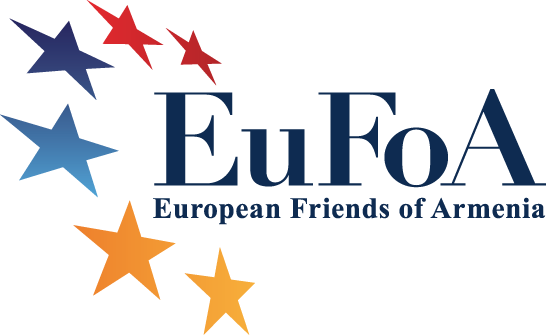Frank Engel has asked the European Commission in a written question about the exclusion of Karabakhi students and teachers from education programmes sponsored by the European Union. Students from the Nagorno-Karabakh Republic cannot take part in these exchanges that are also available for the youth of any neighbour country, including the eastern Partnership area. Mr Engel wants to know exactly on what basis they are being excluded.
The European Commission is also a full member of the Bologna Process which has given rise to the European Higher Education Area, in which 47 countries cooperate in the field of education. The European Higher Education Area has also played an important role in facilitating mobility of students and education staff between member countries. During the last ministerial conference of the Bologna Process all members, including the European Commission, committed themselves to facilitate exchanges with staff and students from conflict zones.
Mr Engel, who is the president of the Nagorno-Karabakh friendship group in the European Parliament, asked when the European Commission plans to implement those commitments and include Karabakhis in its educational exchange programmes. Universities in Nagorno-Karabakh are still systematically left out from these pan-European programmes, despite the opportunity it would provide for their students and staff in terms of people to people contacts and having a clear idea of Europe.
‘The education exchange programmes have been a success, both for the EU and Eastern Partnership countries.’ says Eduardo Lorenzo Ochoa, director of European Friends of Armenia.’ It really plays a positive role in forming a European identity and it is terrible that Karabakhi students are excluded from this experience, simply because of the status of the country where they happen to have been born. I am sure constructive initiatives such as Mr Engel’s will help change this unfair approach’
Throughout the years the European Union has launched several programs to enhance cooperation in the field of education. The Tempus programme was designed to help modernize higher education in the European Neighbourhood. In the 2004-2013 period the Erasmus Mundus programme provided 727 Armenian students and staff with the opportunity to study and work abroad. This programme has since been replaced with the Erasmus + programme which between 2014 and 2020 aims to fund more than 4 million people to study or teach abroad and has a budget of 14.7 billion euros.
The question, which will soon be made public, will be answered by the European Commission within six weeks.
EuFoA is happy to provide commenting or background analysis in English, French, Spanish, Polish, Dutch, Greek, Russian and Armenian. Members of the Europe-Armenia Advisory Council may also be available for comments; for enquiries please contact our secretariat.
For more information on EuFoA and the Europe-Armenia Advisory Council, please visit our website at www.EuFoA.org.
High resolution picture material is always available on our website and upon request. It is free to use with a reference “Copyright: www.EuFoA.org”.






















































